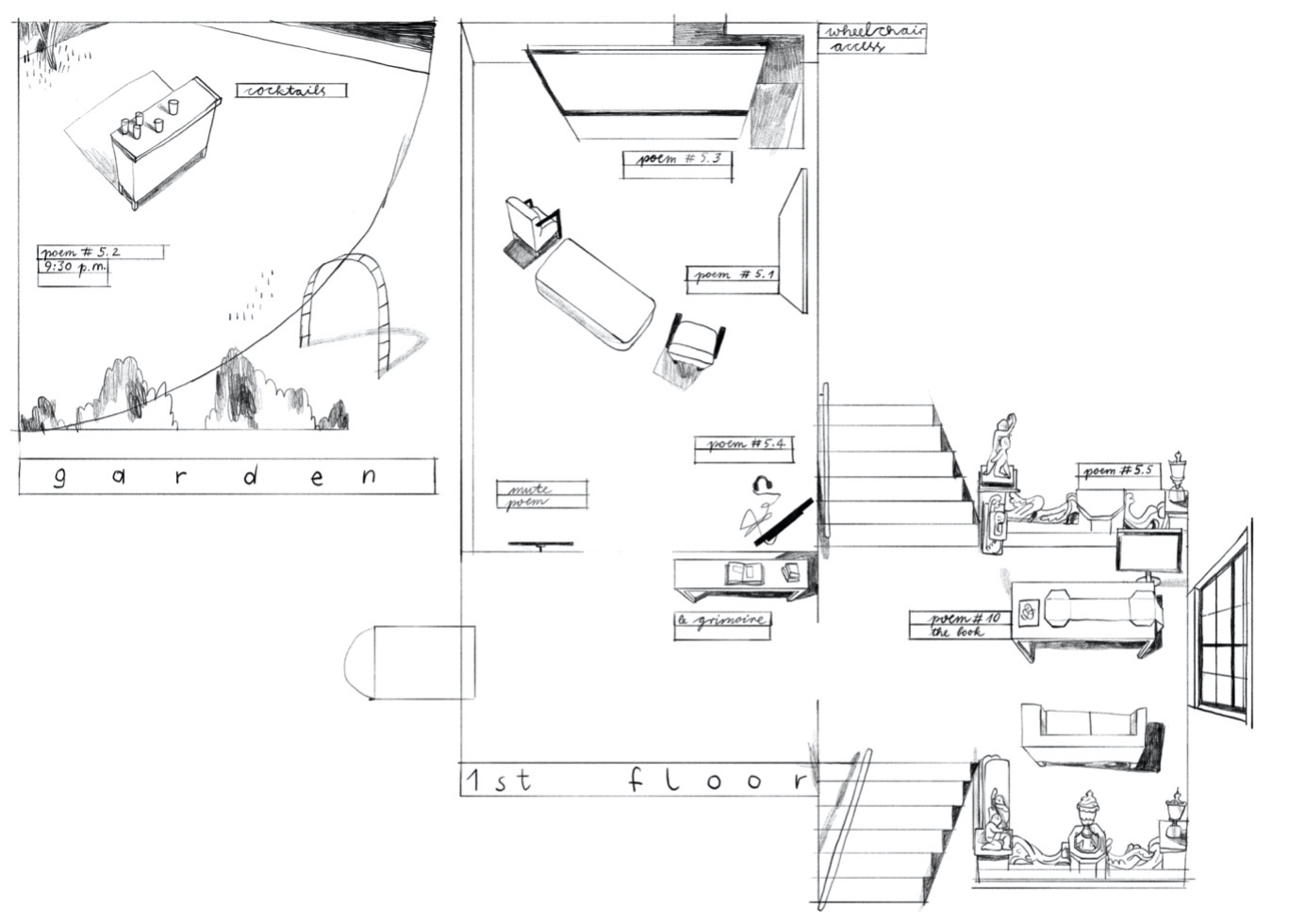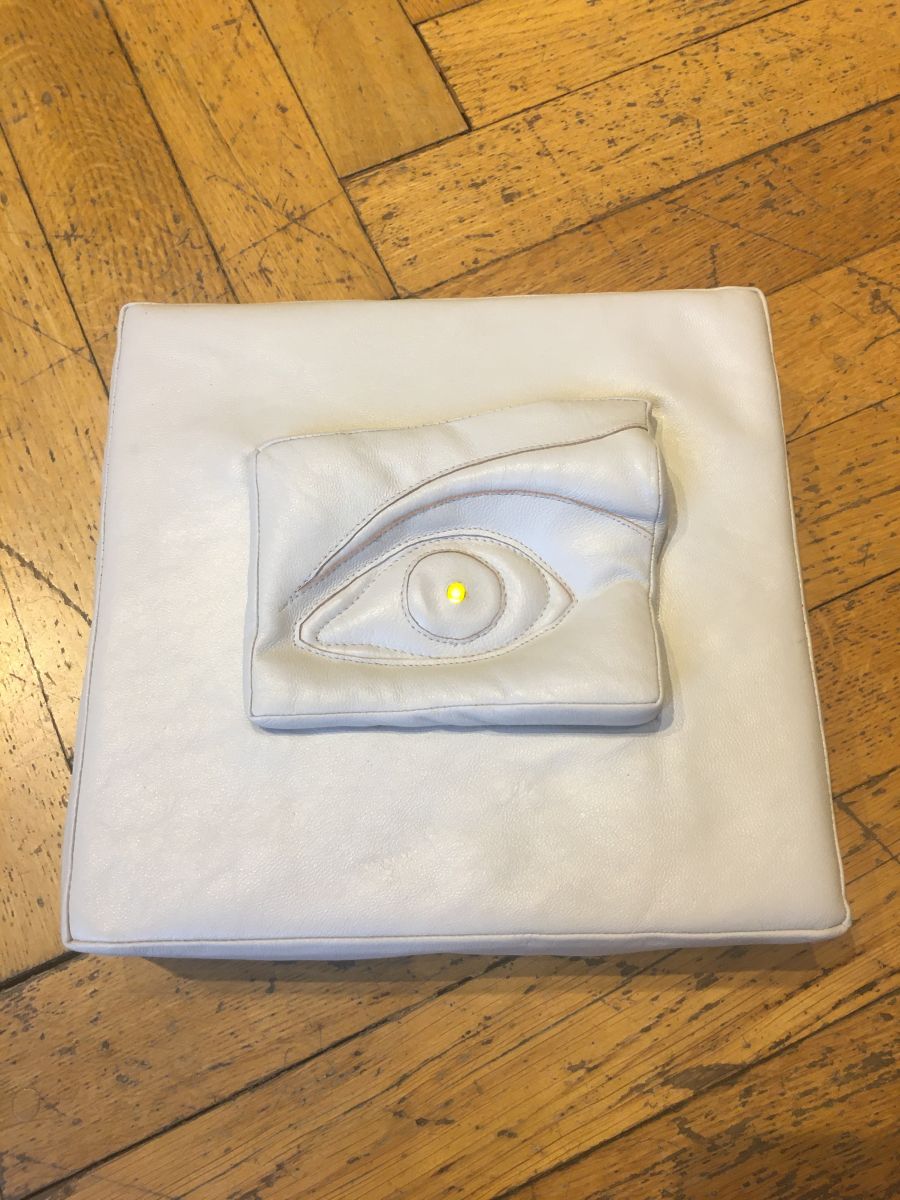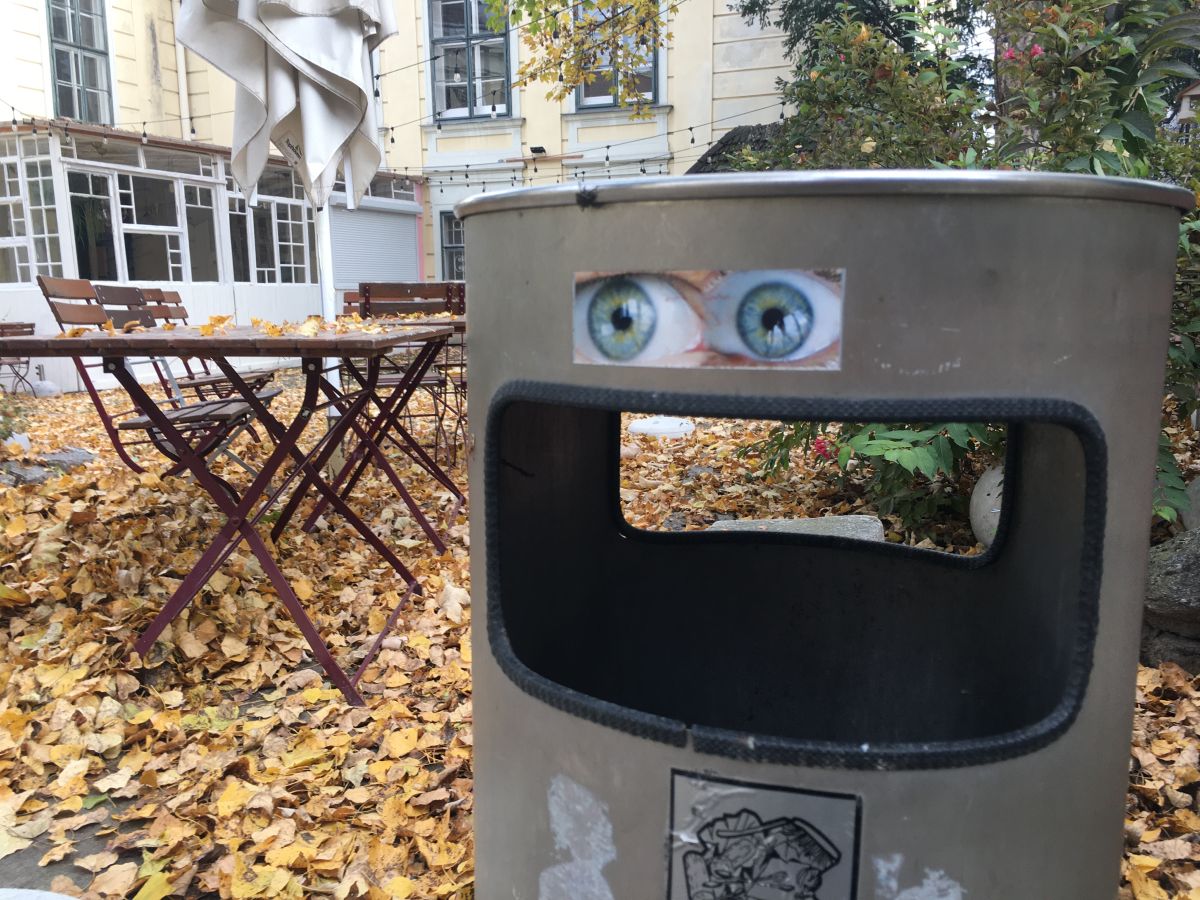PROGRAMME
The Book by Goda Budvytytė & Alix Eynaudi
poem #10
films by Ujjwal Kanishka Utkarsh, Paul Kotal & Alix Eynaudi
poem #5.1 sixteen takes with air pressure chambers
poem #5.2 (9.30pm in the garden)
poem #5.3 pan-choir
poem #5.4 bulbing or dream/bulb
poem #5.5 laminations
film by Paula Caspão
mute poem
poems read in the garden by
Mihret Kebede
Alix Eynaudi
with Paula Caspão
cocktails by Alex Franz Zehetbauer

Poem #9 is the final keystone in the mosaic of the two years long project.Together with filmmaker Ujjwal Kanishka Utkarsh, graphic designer Goda Budvytytė, sound designer Paul Kotal, poet Mihret Kebede, performance artist Alex Franz Zehetbauer, Alix Eynaudi celebrates a farewell, an arrival
Noa & Snow, poem #9 - a team, a time spent together, a choreographic spell, a prefatory charm, a sensation that nothing that comes out of our mouths, fingers, keyboards, mother’s tongues, languages, is ours.We are tricked into thinking that reactive interiority is about the shape of the person not about the
shape of the world but I think we’re visitors, who are always visiting, and who are always being visited – we are always speaking names, always being spoken by them, always working in this unnaming and renaming, maybe both in but also against the grain of how poetry bears naming as a kind of power.What the words mean is none of our business, but it is indubitably our business where the words travel.
Borrowing books, dances, words, languages, unfixing, dys-locating, dys-owning, we – the borrowers of Noa & Snow- slid swords into words into libraries, deeply hung out together, spent time across partially and obliquely shared readings. We jumped off board, surfed sofas, texts, annotations and their arrangements as many vehicles, conveyors of senses, leaving the littorals -our literal translations- leaving the ship [a pause for the word ship. The break it asks to think of a ship].
Owing to one another all the time (prior to and beyond the logic of financial credit and debt), borrowing words-thoughts as we are dances, re-flexing our muscle tones, our tongues, our mother’s tongues. This language is not mine. I bit my tongue. It is not mine, it’s a mother’s, language says.
How I love the mutual indebtedness that is not about paying one another back, but about enjoying that dependence, listening to the ghosts (our protextions we called them) in the paddings, quilts, of our umbrageous studies.
Alix & many others













